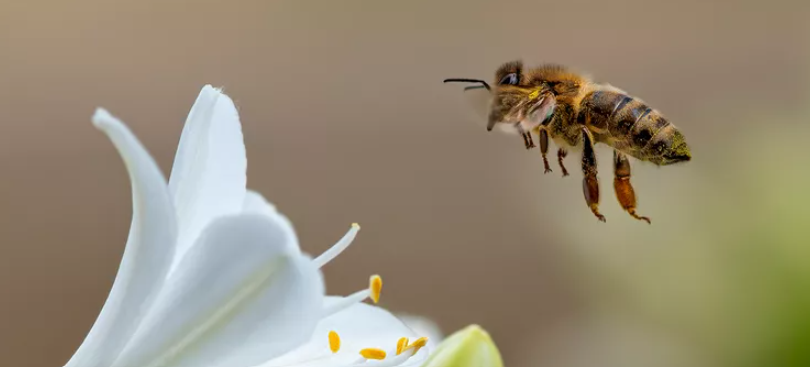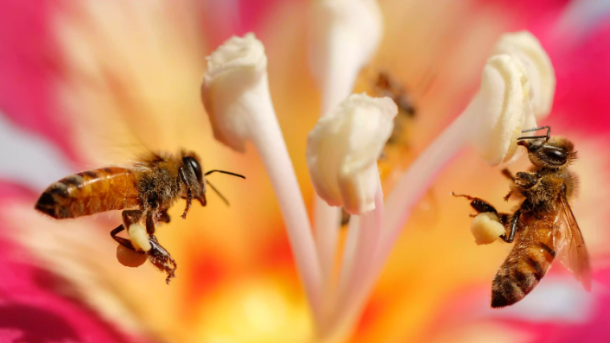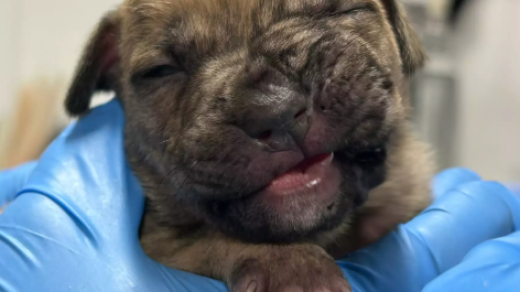Bee colony losses 2025: Honeybees are vanishing at an “alarming” rate across the United States, with beekeepers reporting unprecedented losses. A recent survey conducted by Project Apis m., a nonprofit supporting the beekeeping community, found that commercial beekeepers experienced an average decline of 62% in their colonies. The study gathered data from 702 beekeepers managing approximately 1.8 million colonies, accounting for nearly 68% of the nation’s bee population.
Scott McArt, an associate professor of entomology at Cornell University, voiced deep concerns about the worsening trend in an interview with The Guardian. “Something really troubling is happening this year,” he stated. McArt emphasized that the decline in honeybee populations has been intensifying.
“Some regions are facing devastating losses, and there was a noticeable shortage of pollination in certain almond orchards this season,” he added. “Whether these effects will spread to other crops is uncertain, but it’s definitely a possibility.”

Bee colony losses 2025: What Experts Are Saying
Entomologists at Washington State University recently warned that honeybee colony losses in the U.S. could reach up to 70% in 2025—a staggering 20% increase from previous years.
Priya Chakrabarti Basu, an assistant professor specializing in pollinator health at WSU, attributed the widespread colony declines to multiple factors, including inadequate nutrition, infestations, diseases, and pesticide exposure. Meanwhile, renowned beekeeper Blake Shook shared with CBS Saturday Morning that he has lost “tens of thousands” of bees in his business operations. “The data shows this is the worst bee die-off in recorded history,” Shook said.

Bee colony losses 2025: Impact on Agriculture and Food Supply
If this alarming trend persists, it could drastically alter food consumption in the U.S. “If we continue losing 80% of our bees each year, the industry won’t survive, and large-scale pollination won’t be possible,” Shook cautioned.
Bees play a critical role in agriculture, particularly in pollinating almond trees. “Without honeybees, there simply wouldn’t be an almond crop,” Shook explained.
Although honeybees are not native to North America, they contribute significantly to the country’s agriculture. According to the USDA, these essential pollinators help sustain crops worth $15 billion annually. Beyond their economic value, honeybees also produce honey, a beloved natural sweetener.
The crisis of “Bee colony losses 2025” is unfolding rapidly, and unless urgent action is taken, the consequences could be severe for both agriculture and food security.
Source:www.people.com



